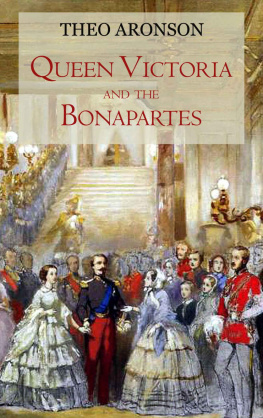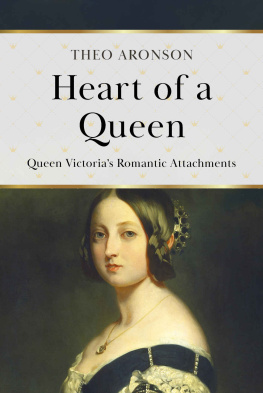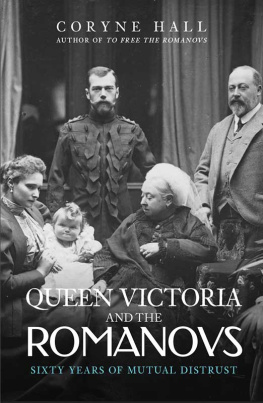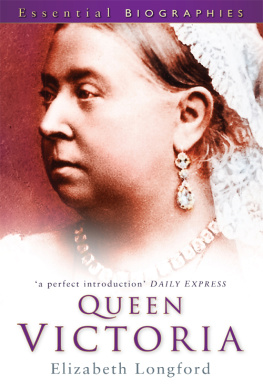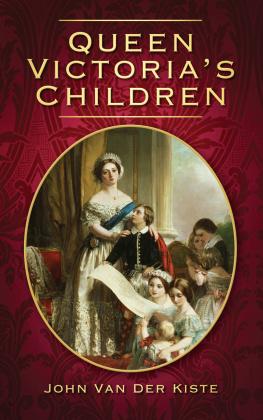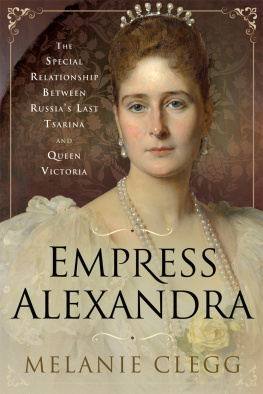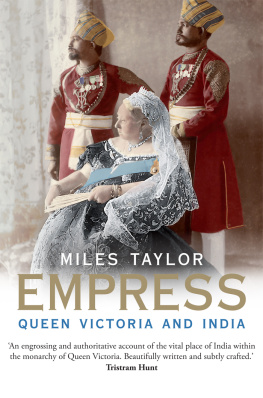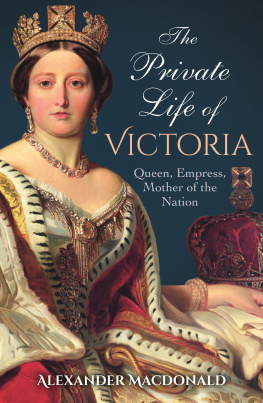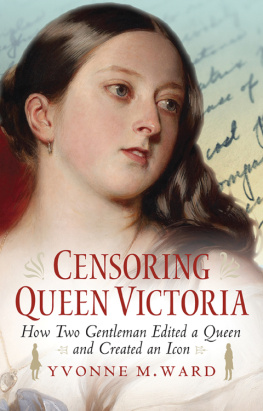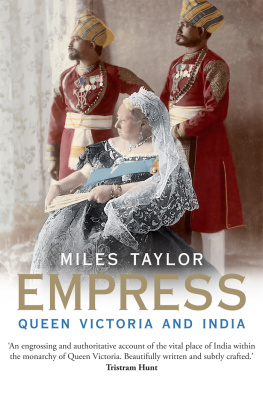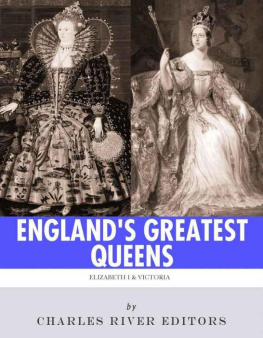Aronson - Queen Victoria and the Bonapartes
Here you can read online Aronson - Queen Victoria and the Bonapartes full text of the book (entire story) in english for free. Download pdf and epub, get meaning, cover and reviews about this ebook. year: 2015, publisher: Thistle Publishing, genre: Non-fiction. Description of the work, (preface) as well as reviews are available. Best literature library LitArk.com created for fans of good reading and offers a wide selection of genres:
Romance novel
Science fiction
Adventure
Detective
Science
History
Home and family
Prose
Art
Politics
Computer
Non-fiction
Religion
Business
Children
Humor
Choose a favorite category and find really read worthwhile books. Enjoy immersion in the world of imagination, feel the emotions of the characters or learn something new for yourself, make an fascinating discovery.
- Book:Queen Victoria and the Bonapartes
- Author:
- Publisher:Thistle Publishing
- Genre:
- Year:2015
- Rating:3 / 5
- Favourites:Add to favourites
- Your mark:
Queen Victoria and the Bonapartes: summary, description and annotation
We offer to read an annotation, description, summary or preface (depends on what the author of the book "Queen Victoria and the Bonapartes" wrote himself). If you haven't found the necessary information about the book — write in the comments, we will try to find it.
Napoleon III, as he now styled himself, soon conquered where his uncle had failed: England, in the person of her Queen, was completely bowled over by his quiet charm and buccaneer looks. And his wife, the flamboyant Empress Eugenie, was able no less easily to overcome her less than immaculate origins and find a place in Victorias heart.
But in the second act came disenchantment: Napoleons Italian war disgusted his former ally, and its end brought little improvement in the relations between the two countries. The Queen and her ministers suspected that Napoleons former intention of avenging Waterloo had only lain dormant, and not died away. The Franco-Prussian war, however, brought a dramatic turn of fortunes wheel: in six short weeks the Empire had fallen and Napoleon had surrendered at the battle of Sedan.
The Empress Eugenie fled to England, where her friendship with Victoria was renewed and deepened. She found exile almost unbearable, fretting like a beautiful bird with its wings clipped. One by one her avenues of escape were closed. Her husband died on the eve of his planned Return from Elba and a few years later their only child, the Prince Imperial, was killed at the age of twenty-three fighting in the British Army in the Zulu War.
In the long twilight of the fourth act of the tragedy, the friendship between Victoria and Eugenie developed until the Empress became almost an honorary member of the British Royal Family. The Queens unwavering championship of the dethroned, exiled and bereaved Eugenie revealed her at her most admirable: compassionate, practical, loyal, and stubborn in her determination to put persons before politics. Eugenie herself lived to see the defeat at Sedan avenged by the Allied victory of 1918; it allows me to die, she said, with my head held high, in peace with France.
Theo Aronsons account of the remarkable friendship between the Royal Houses of Britain and France contains several hitherto unpublished entries from Queen Victorias journals and throws new light on her domestic and personal life. Set against the contrasting backgrounds of lavish, theatrical Second Empire Paris and the ice-cold courts of Windsor and Balmoral, Queen Victoria and the Bonapartes forms a magnificent companion volume to Mr. Aronsons earlier books on the European royal families of the nineteenth century, which have deservedly proved so popular
Aronson: author's other books
Who wrote Queen Victoria and the Bonapartes? Find out the surname, the name of the author of the book and a list of all author's works by series.

